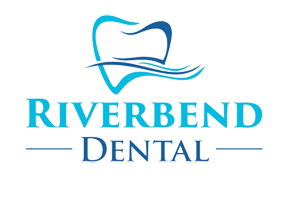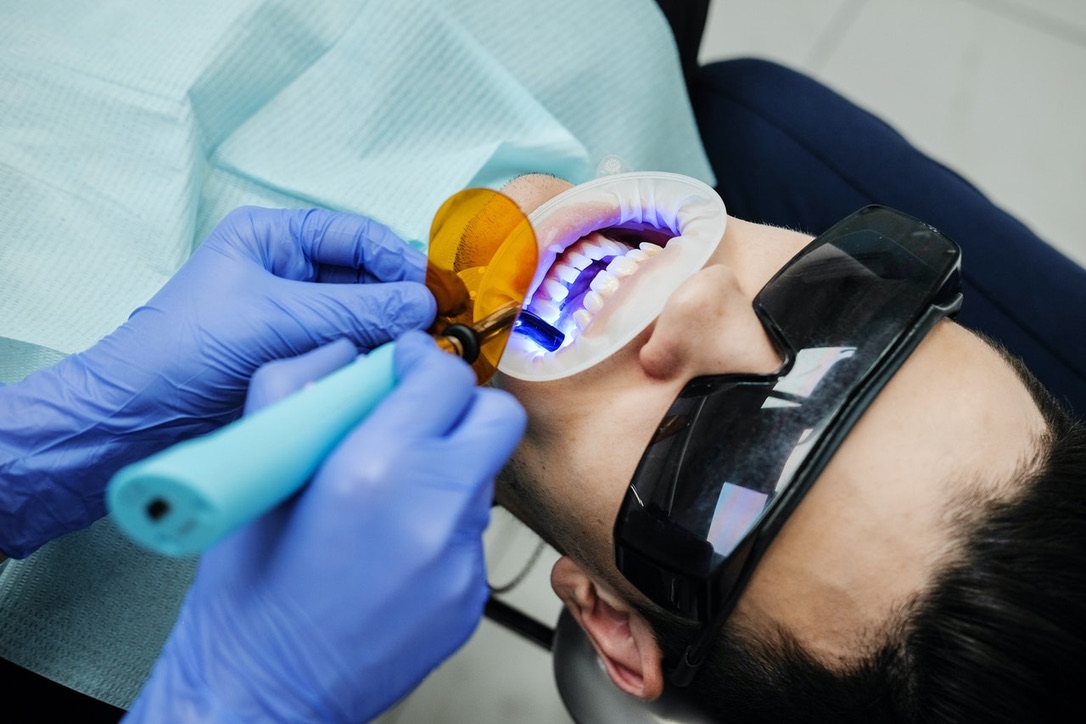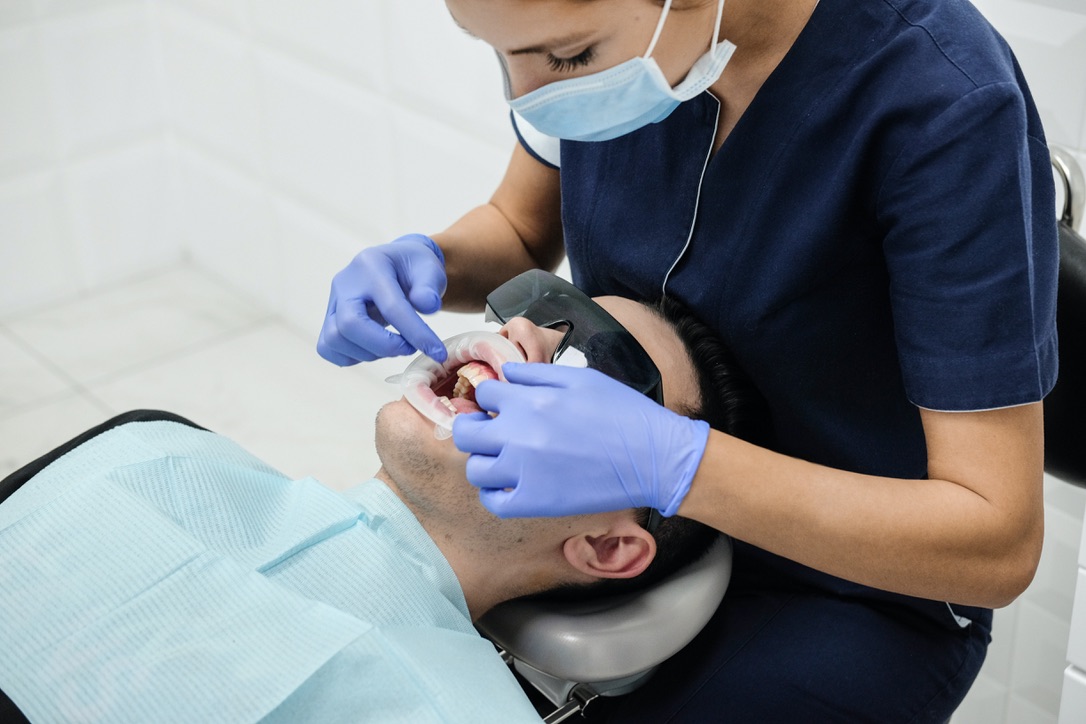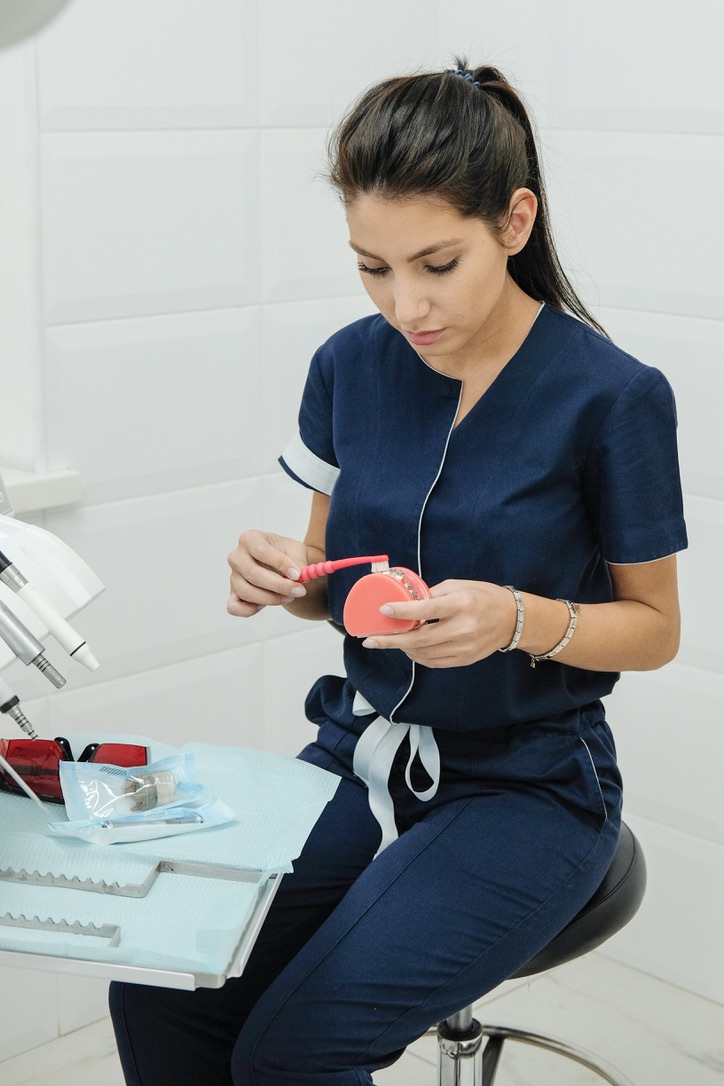5 Common myths about charcoal toothpaste and its effects on your dental health.
Why a cosmetic dentist is a better option then charcoal.
Over the years, charcoal has become the biggest trend in the cosmetics and wellness industries. Charcoal products are included in scrubs, face masks, and also used for whitening teeth. However, if you ask a cosmetic dentist the results of this process, we doubt you will hear anything good about the process.
The type of charcoal that is used in scrubs, face masks, and teeth whitening is the activated charcoal. Activated charcoal is made from shells of coconut, wood, or from other oxidized natural substances that are heated at high temperatures. Basically activated charcoal is a fine grain powder.
People might have assumed that charcoal is a by-product of burning coal or wood when they think about it. However, it is activated charcoal that is used in toothpaste and is also used in some medicines. Besides, it is also used in emergency rooms of hospitals to treat poisons and overdoses as it is naturally porous.
Charcoal Teeth Whitening Myths
Supporters of the charcoal toothpaste claim that using charcoal in the paste or direct application of it can remove the tooth strains. However, the studies or various publications such as the journal of the American Dental Association have not confirmed the benefits of charcoals in the whitening of teeth.
When it comes to whitening your teeth a cosmetic dentist is always better. This is because of the abrasive nature of the teeth, the possibility is that teeth may appear yellow instead of white. Charcoal toothpaste decreases the enamel of teeth that helps to protect the teeth to uncover the dentin. Your teeth become sensitive and not that much protected without enamel. Charcoal is an abrasive material that has more negative effects than positive effects. They cause much damage to the teeth and overall health.
It is important to be very careful if using charcoal toothpaste is still attractive for you. Cosmetic dentists often recommend to bruising with charcoal once every week and also do not use bruising for a long time.
Effects of charcoal on your Dental health
In 2017, a study was published that warns the dentist to advise their patients to be very careful when using the products of toothpaste because of its health and safety concerns.
Here are some of the effects of charcoal toothpaste on dental health.
- Too abrasive effects for everyday use. Any material that has an abrasive effect on your teeth can decrease the enamel of your teeth. Charcoal is highly abrasive that has severe effects on your teeth. Your teeth may turn yellow rather than white and more sensitive.
- Cause staining on some teeth. Charcoal may get assembled in the cracks and crevices of older teeth.
- Lack of fluoride in charcoal toothpaste. Fluoride keeps the enamel of your teeth stronger that directly gives strength to your teeth. Fluoride helps to prevent your teeth from decay and cavities. However, charcoal toothpaste does not have any content of fluoride that directly cause the teeth to decay.
Dental restorations of charcoal is not known.
It has yet undiscovered how the charcoal is used to make materials for white fillings, bridges, veneers, and crowns. Charcoal particles can accumulate between them and cause a grey or black outlines. This is why it is extremely important to visit a cosmetic dentist, and do not skip steps when it comes to dental health.



